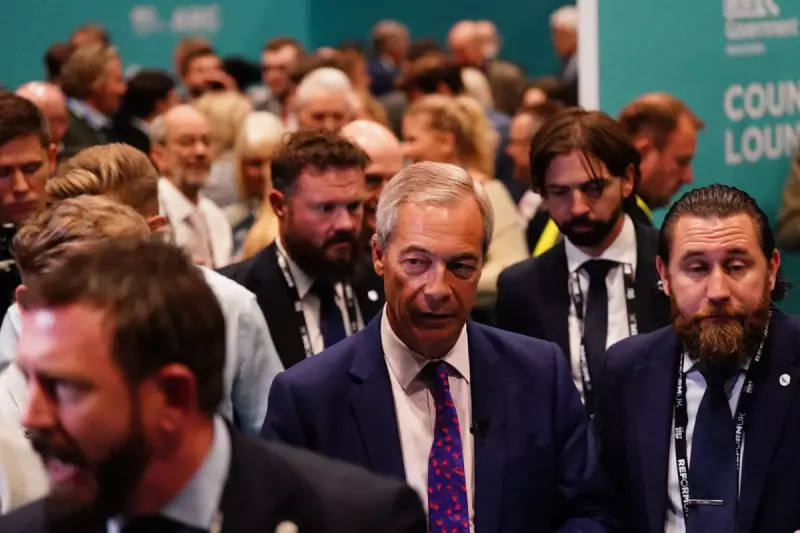
In a bold move that has reignited the debate over media impartiality, Nigel Farage has publicly demanded a fundamental restructuring of the BBC. The former UKIP leader is calling for the establishment of a powerful 'reformist' committee to oversee the corporation and purge it of what he describes as a deep-seated, 'institutional' left-wing bias.
The Proposed 'Reformist' Panel
Farage has put forward a list of high-profile figures he believes are fit to lead this charge. His proposed panel includes:
- Ann Widdecombe, the former Conservative MP and prominent Brexit Party colleague.
- David Starkey, the controversial historian known for his outspoken views.
- Major-General Tim Cross, bringing a military perspective to the table.
This committee, Farage suggests, would be tasked with a complete review of the BBC's output and editorial practices to enforce true political neutrality.
Escalating Tensions with the Broadcaster
The intervention marks a significant escalation in Farage's long-standing feud with the national broadcaster. He has frequently accused the BBC of systematic bias against right-leaning and Brexit-supporting viewpoints, claiming it operates as an arm of the metropolitan liberal establishment.
His latest broadside comes amidst a wider cultural and political debate about the role and objectivity of public service broadcasting in the UK. Farage argues that the BBC's current governance structures are insufficient to address these inherent prejudices and that external, ideologically-approved oversight is the only solution.
A Political Reaction
The proposal has been met with sharp criticism from political opponents and media analysts alike. Many view it as an attempt to impose political influence on the editorial independence of the BBC, threatening the very principle of public service broadcasting.
Critics argue that replacing one perceived bias with another does not solve the issue of impartiality but instead politicises the corporation further. The government's response, if any, to this proposal remains a key point of interest, as it continues to scrutinise the BBC's funding model and charter.
This story continues to develop as debates about media freedom, political influence, and the future of the BBC intensify.





